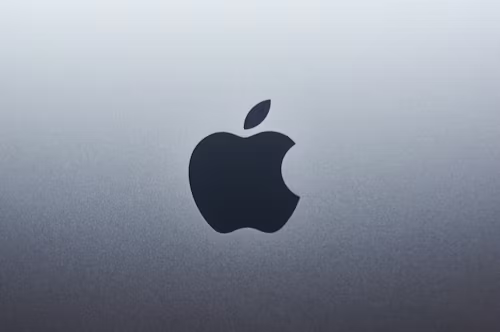Apple has introduced Apple Intelligence, a suite of AI tools, with a rollout that marks the beginning of its transformation in utilizing artificial intelligence across its devices. The initial features were launched on Monday with the latest software update for iPhones, iPads, and Macs.
Users of the iPhone 16, iPhone 15 Pro, and Pro Max can access these AI features for free by updating to iOS 18.1. The tools are also compatible with iPad and Mac models that support iPadOS 18.1 and macOS Sequoia 15.
Apple’s entry into generative AI aims to reshape how users interact with their devices, placing it in direct competition with tech giants like Microsoft and Google. Generative AI allows the creation of unique text and images based on user prompts.
This launch follows the release of the iPhone 16 in September, which includes hardware designed to support AI functionalities. With a renewed focus on AI, Apple hopes to reinvigorate its sales after a period of stagnation.
New AI Features in iOS 18.1
The Apple Intelligence update introduces several enhancements, including advanced writing and editing tools, improved Siri functionality, and smarter photo management.
The writing tools offer enhanced proofreading, summarizing, and editing capabilities. Siri is set to become more conversational and intuitive, with a new activation indicator. The Photos app now enables users to search for images using descriptive text and includes a feature called Clean Up, which allows for the removal of unwanted elements in photos. Additionally, users can record and transcribe calls, receiving summaries via Apple Intelligence.
While these features may not be essential for most new phone buyers, analysts suggest that their true value will become clearer over time. Angelo Zino from CFRA Research indicated that consumer awareness will build gradually over the coming quarters.
However, some users may feel disappointed, especially with features like Image Wand—allowing users to transform sketches into AI-generated images—set for a later release in December with iOS 18.2.
Despite initial reactions, some analysts are optimistic about Apple’s AI strategy, noting the company’s significant market presence. Dan Ives from Wedbush Securities believes this rollout is just the beginning of a broader evolution in Apple’s AI integration.
Sales Challenges and Future Expectations
Apple is banking on AI to drive sales, especially following a lackluster launch of the iPhone 16. Estimates suggest that approximately 37 million units were sold during the first weekend of pre-sales, marking a decline of over 12% compared to the previous year. Additionally, Apple has reduced its production orders for iPhone 16 units by about 10 million through the end of 2024.
While there are hopes that Apple Intelligence will boost sales, Kuo of TF International Securities cautioned that immediate impacts may not be seen. He noted that the recent production cuts could temper optimistic expectations about rapid sales growth.
The initial rollout of Apple Intelligence features is currently available in American English, with plans to support other languages like French and Japanese by 2025.
Looking Ahead to December
A more extensive array of AI capabilities is anticipated in December with the release of iOS 18.2, including features like “Genmoji,” which allows users to create custom emojis, as well as a ChatGPT-enhanced Siri.
Ives believes that Apple’s commitment to AI will yield positive long-term outcomes as the company continues to innovate. “This will be a multi-year AI journey that defines the future for Apple,” he stated.
Zino echoed these sentiments, suggesting that the features rolling out now may not significantly influence consumer behavior, but those planned for December and early 2025 are likely to resonate more positively with users.
Apple is scheduled to report its quarterly earnings on Thursday. On Monday, Apple shares closed at $233.40, up $1.99, or 0.86%.








